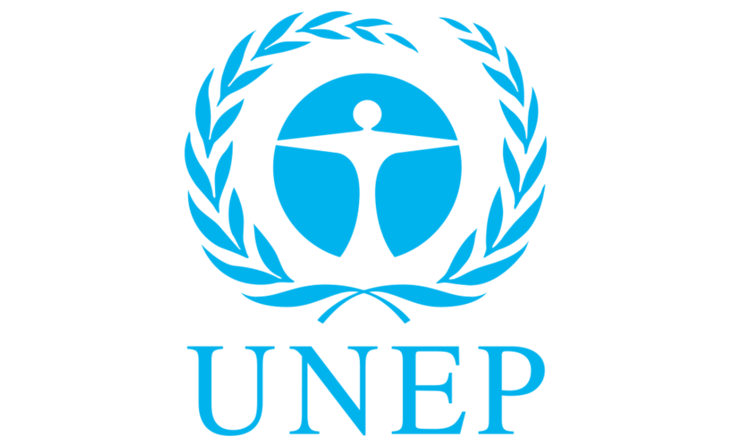 @Wikimedia Commons.
@Wikimedia Commons.
Environmental campaigners that focus on the insurance industry have reacted with predictable anger at an announcement on the future of the Net Zero Insurance Alliance (NZIA). The body now says that members no longer have any obligation to set or publish targets.
“Going forward, NZIA member companies have no obligation to set or publish targets: rather, individual member companies will be responsible and publicly accountable for any targets they set, the methodologies used to set them, the timeline on which they decide to publish any targets, and the progress they are making,” said the United Nations Environmental Programme (UNEP) in a statement on the decision.
The NZIA was initiated and convened by the United Nations in association with the Glasgow Financial Alliance for Net Zero (GFANZ) and under the auspices of UNEP's Principles for Sustainable Insurance Initiative. “As before, NZIA members who publish their own decarbonisation targets and timelines do so unilaterally and independently,” it said.
For investment teams at insurers, this update means two consequences: one, insurers that have been crying out for more guidance on sustainability issues and other Net Zero regulatory areas have one fewer place to turn for authority on the matter. However, those that have struggled with the administration burden of "ESG" or other climate change-related principles and frameworks will have one less set of obligations to follow.
Nonetheless, most insurers do want more guidance and steps taken in this area. There are also the reputational consequences of NZIA fallout to take into consideration.
“Insurance market participants are encouraged by UNEP to use the NZIA
Target-Setting Protocol and the methodologies it outlines."
UNEP also added that the NZIA Target-Setting Protocol will now serve as a voluntary best practice guide to aid in the accurate measurement, standardisation, and comparability of science-based decarbonisation targets for insurance and reinsurance underwriting portfolios and to enhance overall transparency and accountability across the insurance industry on climate action.
“Insurance market participants — whether NZIA members or not — may, and are encouraged by UNEP, to use the NZIA Target-Setting Protocol and the methodologies it outlines, which aid the measurement, standardisation, and comparability of science-based decarbonisation targets for their respective insurance and reinsurance underwriting portfolios in line with a net-zero transition pathway,” said the announcement.
Peter Bosshard, Coordinator of the Insure Our Future campaign, said the decision by UNEP would “reduce the NZIA to another industry talk-shop and an empty shell”.
Insure Our Future is a campaign of NGOs and social movements that aims to hold the insurance industry "accountable for its role in the climate crisis". Its aims include making insurers stop insuring new fossil fuels and phasing out support for existing coal, oil and gas projects.
One of the main causes for the beleaguered group’s response is due to the raft of accusations around possible breaches of antitrust law that the high market share of its members could entail. This has led to most of its larger members leaving it over the last few months.
However, almost none of the departures have actually seen concrete, public explanations.
In its response to this issue, the Insure Our Future campaign noted that the NZIA’s target setting protocol “doesn’t violate any anti-trust laws and that the attacks of the US fossil fuel lobby on the Alliance have no legal merit”.
The group have also come under pressure due to the heavy recent politicisation of ESG in the US, with nearly two dozen Republican state Attorney Generals issuing warnings and threatening investigations into whether the practices interfered with fiduciary responsibility.
“Regulators need to create a level playing field within the industry by requiring
insurance companies to adopt science-based transition plans."
The Utah state Attorney General, and outspoken critic of ESG, Sean D. Reyes, crowed when the group lost several members earlier this year such as Swiss Re.
However, almost all those groups then issued statements that reiterated their commitment to ESG, sustainability, and net zero practices.
Bosshard also warned that this development would simply see pressure exerted on the companies in other ways. “With the collapse of the NZIA, regulators need to step up and create a level playing field within the insurance industry by requiring all insurance companies to adopt science-based transition plans,” he said in his statement. “The International Association of Insurance Supervisors (IAIS) should integrate this requirement into its Insurance Core Principles and put the topic on the agenda when it convenes for its annual meeting in Tokyo in November.”
It is unlikely, despite the latest development, that dialogue around the issue will cease, or that the political pressure around Net Zero will ease up.